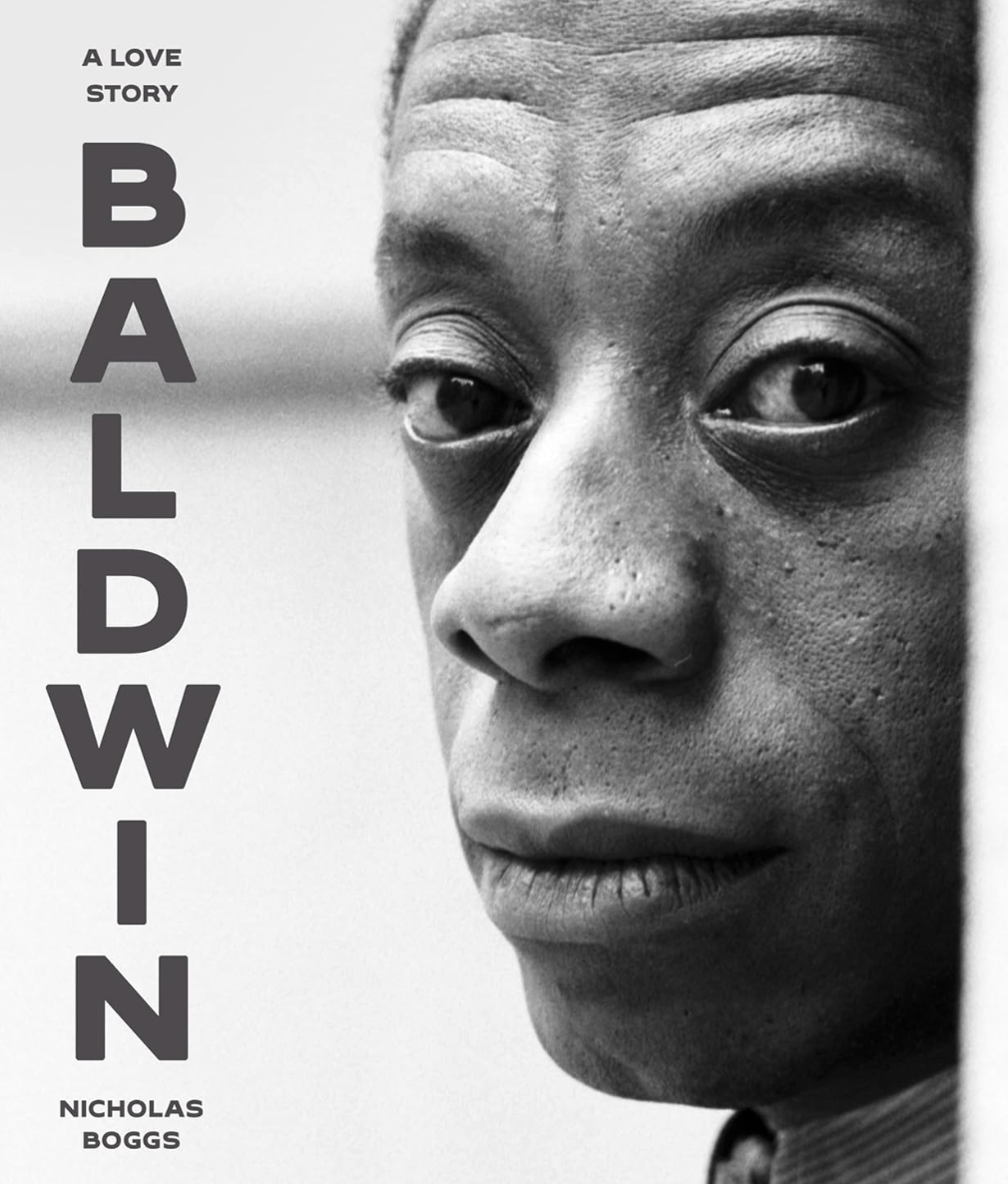By organizing his biography around Baldwin’s intimate relationships, Boggs is able to shed new light on love’s centrality to Baldwin throughout his life. Of course, Baldwin has long been associated with love: He was publicly queer; most of his novels revolve around romance; and he regularly proclaimed the importance of love in his nonfiction. But Boggs uncovers the impact of these private loving relationships on the man, his words, and his politics. Delaney’s mentorship helped Baldwin start his career; Happersberger’s support helped him address queerness publicly in Giovanni’s Room; and Cezzar’s hospitality provided him the distance to see the United States anew—to say nothing of Baldwin’s other lovers and their many effects. Little wonder, then, that he considered love the key to solving American racism. As Boggs argues throughout the book, love had not only saved Baldwin from death; it had also expanded his notion of what life could be, providing hope for racial progress and a compass for his political vision.
In his discussion of the many people who helped make James Baldwin the author possible, Boggs reminds his readers that Baldwin’s works were collective productions. Where Baldwin often suggested that he was pregnant with his books, Boggs asserts that the other parents were Baldwin’s beloveds, to whom the books were often dedicated. And James Baldwin the public intellectual—as distinctive as his appearance, voice, and perceptiveness may have been—was no less collective. His advocacy for various political movements was thoroughly influenced by his relationships with others, whether people as famous as Martin Luther King or as obscure as Baldwin’s sixth-grade teacher (and member of the Communist Party USA), Bill Miller. Though Baldwin is regularly quoted regarding each new political moment, his insights belong as much to these people as to him.
This may be why Baldwin’s politics evolved to match the changing challenges of his times. Love was perhaps his guiding principle, but his political commitment pointed him in numerous directions. As a young man, Baldwin participated in socialist politics with Eugene Worth. Mid-career, he supported civil rights organizers like King and organizations like CORE and SNCC. Later, he advocated for Black Power organizers facing state repression, like Stokely Carmichael and Huey Newton. And he dialogued with—even if he sometimes disagreed with—Black feminists like Nikki Giovanni and Audre Lorde in the 1970s and ’80s. It was Baldwin’s openness to others—especially those younger than him—that made him always of the moment and prevented him from backsliding politically.
